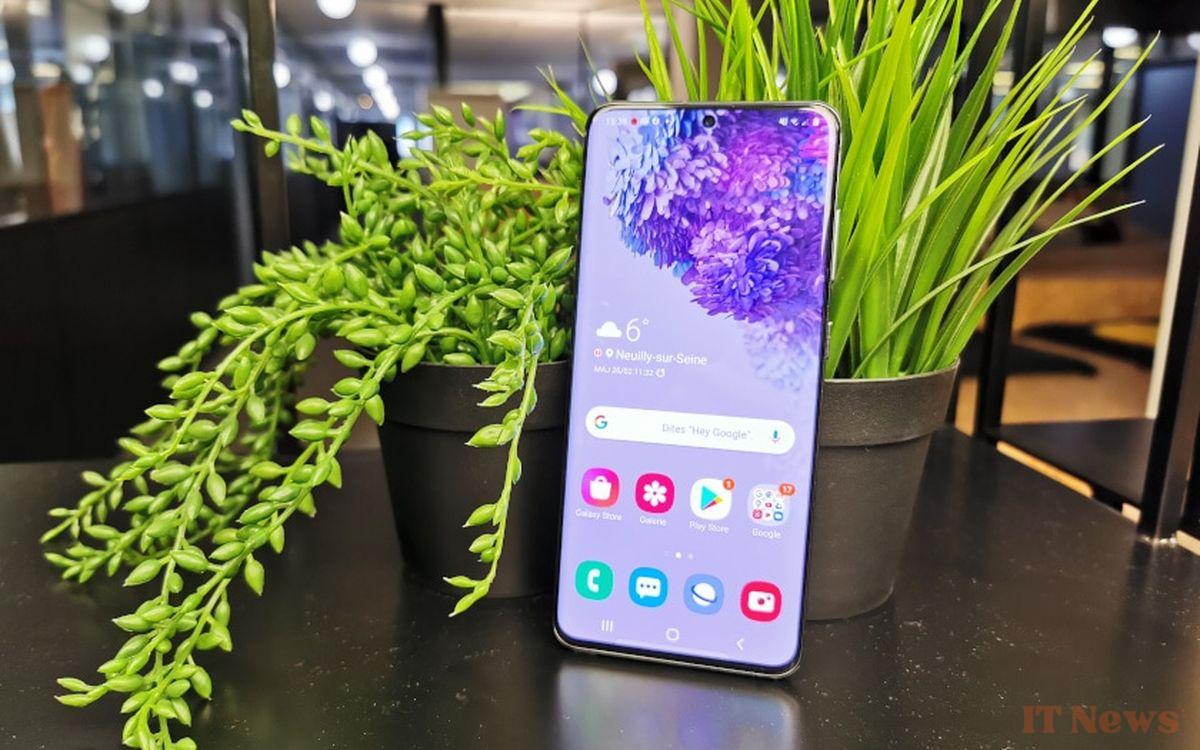While Samsung now offers seven years of updates on its new premium smartphones, this wasn't the case a few years ago. As a result, software support for high-end models released in 2020 has been discontinued.
The years go by quickly, and it's already the end of software support for Samsung's Galaxy S20 series models. The manufacturer had promised four years of security updates for the Galaxy S20, Galaxy S20+, and Galaxy S20 Ultra. It ultimately went an extra year beyond its promises, switching to quarterly security updates instead of monthly for the past 12 months, but that's well and truly over.
As spotted by Android Authority, Samsung has withdrawn The Galaxy S20 has already removed the three high-end smartphones launched in 2020 from its official update schedule, whether for 4G LTE or 5G configurations. The Galaxy S20s have already stopped receiving major Android updates since One UI 5, with the manufacturer having guaranteed only three versions of Android on these models. They will therefore no longer benefit from Android security patches from now on.
The Galaxy S20s deprived of updates
The situation is different for the Galaxy S20 FE, released a few months later. It also does not claim One UI 7, but will continue to receive security patches. However, it is likely that support for this phone will end soon.
For many users, not having the latest updates isn't very important. But without talking about new features, an optimized interface, or a performance boost, having a phone that supports the brand remains essential to protect yourself from the latest security threats. In the long term, compatibility issues with certain applications may also arise, but you probably still have a few years ahead of you in this regard.
It's frustrating to see that your premium smartphone, purchased at a high price a few years ago, is no longer supported. Samsung has made significant improvements in this area in recent years and now offers seven years of software support on its high-end devices, and even eight years of updates for enterprise smartphones.
Source: Android Authority




0 Comments